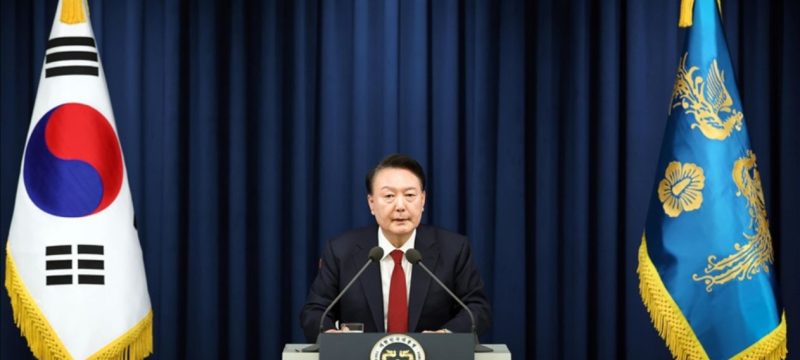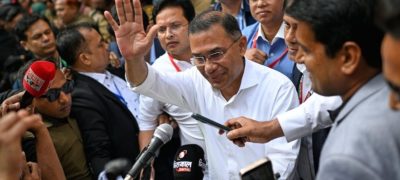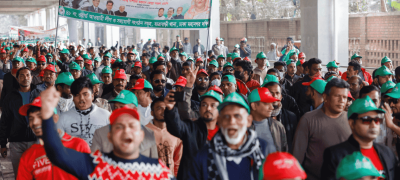South Korean President Yoon Suk Yeol announced emergency martial law on Tuesday, accusing opposition forces of engaging in anti-state activities and citing threats from North Korea. In a televised address, Yoon defended the move as essential for protecting national stability and ensuring citizens’ safety. He stated that the measure was unavoidable to counteract unrest and subversive actions.
The declaration immediately sparked strong criticism, including from Han Dong-hoon, the leader of Yoon’s own conservative People Power Party. Han described the martial law as “wrong” and pledged to stand with citizens in opposing it. The liberal opposition Democratic Party, led by Lee Jae-myung, convened an emergency meeting and labeled the decree unconstitutional. Lee and his party vowed to protect democracy and resist Yoon’s move.
Read more: North Korean troops in Russia raise serious alarm among US, South Korean, and Japanese officials
Since assuming office in 2022, Yoon has struggled to pass his policies through an opposition-dominated parliament. His administration has clashed with the Democratic Party on critical issues like the budget, which Yoon claimed the opposition has intentionally obstructed, leading to a collapse in public safety and governance.
The president’s refusal to allow independent investigations into corruption allegations involving his wife and top officials has further escalated political tensions. Yoon accused opposition lawmakers of undermining state operations by blocking budgets vital for national security and public safety, exacerbating chaos in the country.
Late Tuesday, the National Assembly, led by Speaker Woo Won Shik, voted unanimously to nullify Yoon’s martial law declaration. Woo called the decree “invalid” and ordered military and police forces to withdraw from the assembly grounds. Footage showed security forces complying as protesters gathered outside, demanding Yoon’s impeachment.
The military, under Yoon’s order, had earlier suspended political gatherings and warned striking doctors of arrests if they did not return to work within 48 hours. The strike, focused on demands to expand medical school enrollments, has drawn significant public attention.
This marks South Korea’s first instance of martial law since its democratization in 1987. Yoon justified the decree as necessary to “normalize the country,” but his declining approval ratings and increasing political isolation have fueled growing unrest. Parliament’s unanimous rejection of martial law, supported by all 190 lawmakers present, underscores the mounting opposition to Yoon’s leadership.









